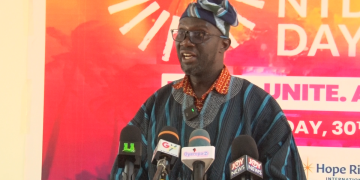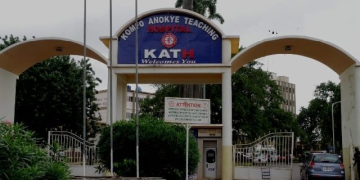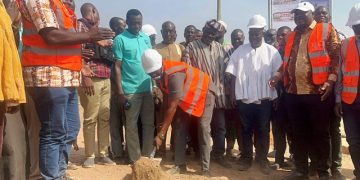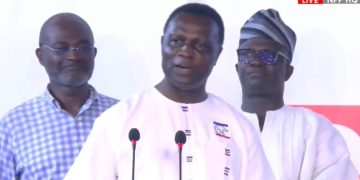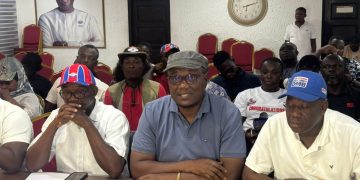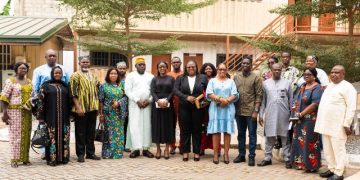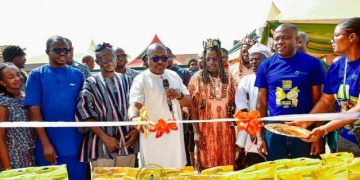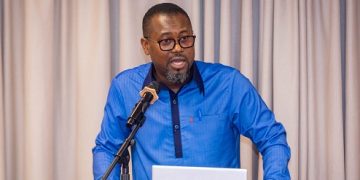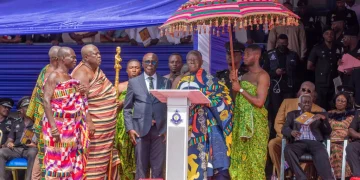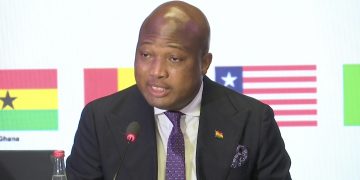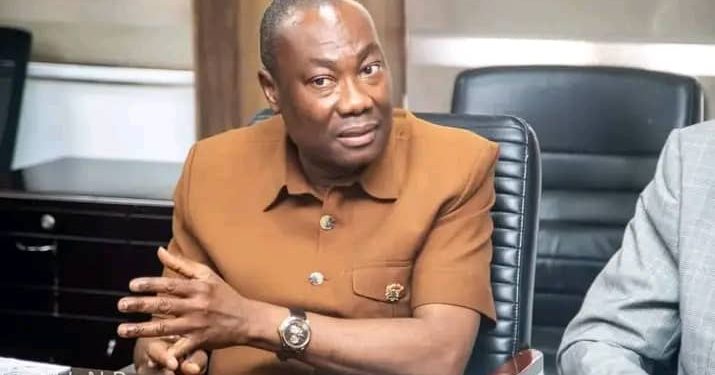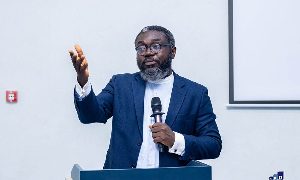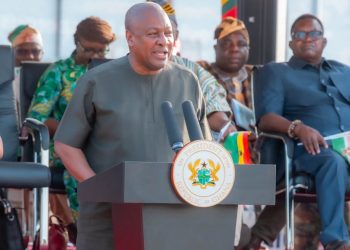The Chief Executive Officer (CEO) of the Minerals Commission, Martin Kwaku Ayisi, has expressed concern over the ongoing challenges of illegal mining, while emphasizing the Commission’s efforts to regulate small-scale mining activities.
Speaking before the Parliamentary Select Committee on Mining, Mr. Ayisi outlined the Commission’s struggle to curb illegal mining, particularly in water bodies, while addressing broader industry challenges.
During his remarks, Mr. Ayisi identified two primary categories of illegal mining: operations by unlicensed individuals and those by licensed miners who stray beyond their permitted areas.
He noted that unauthorized mining in water bodies remains a criminal offense, and stressed that the Minerals Commission does not issue permits for mining in such areas. “Anyone who goes into the water body to mine is engaged in a criminal activity,” he stated, urging for coordinated efforts with security agencies to address the issue.
Mr. Ayisi highlighted the frustrations faced by the Commission when dealing with illegal mining operations near key locations, including behind police stations. He underscored the need for local assemblies and security forces to play a more active role, as the Commission’s officers are not authorized to intervene directly in such cases.
“It is the duty of the security agencies to take action, not the Minerals Commission,” he clarified, mentioning that the Commission reports illegal activities, but enforcement falls outside their jurisdiction.
In his testimony, Mr. Ayisi also pointed to the influx of foreign nationals, particularly from Burkina Faso and Togo, as contributing to the illegal mining problem. He explained that the technology used by these miners, such as the cyanide-based “pipi pipi” technique, has exacerbated environmental degradation.
Addressing concerns raised by committee members regarding resource limitations, Mr. Ayisi acknowledged the need for more funding and tools to make the Commission more effective. However, he resisted calls for the Commission to be granted powers to bear arms, arguing that policing illegal mining is primarily the responsibility of law enforcement agencies.
The CEO concluded by responding to reports that some miners had exhibited licenses allegedly issued by the Minerals Commission when confronted by forestry officials. He clarified that for any legal mining activity to take place in a forest reserve, multiple permits are required, including a mineral license, a forestry entry permit, and an Environmental Protection Agency (EPA) approval.
Mr. Ayisi assured the committee that the Commission is committed to transparency and compliance. “Where we fall short, we will take responsibility, but we cannot be blamed for the actions of unauthorized operators,” he added, reaffirming the Commission’s dedication
Source: www.kumasimail.com






